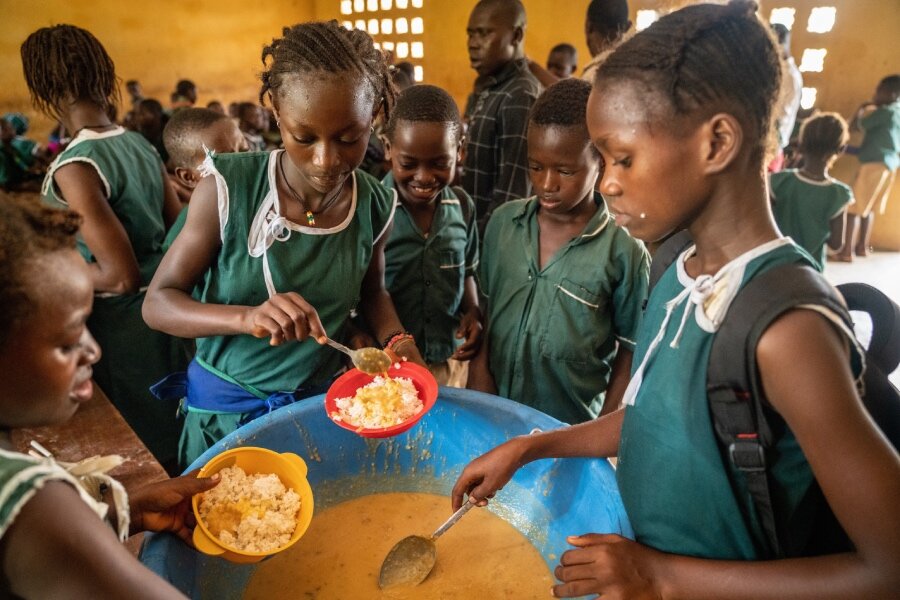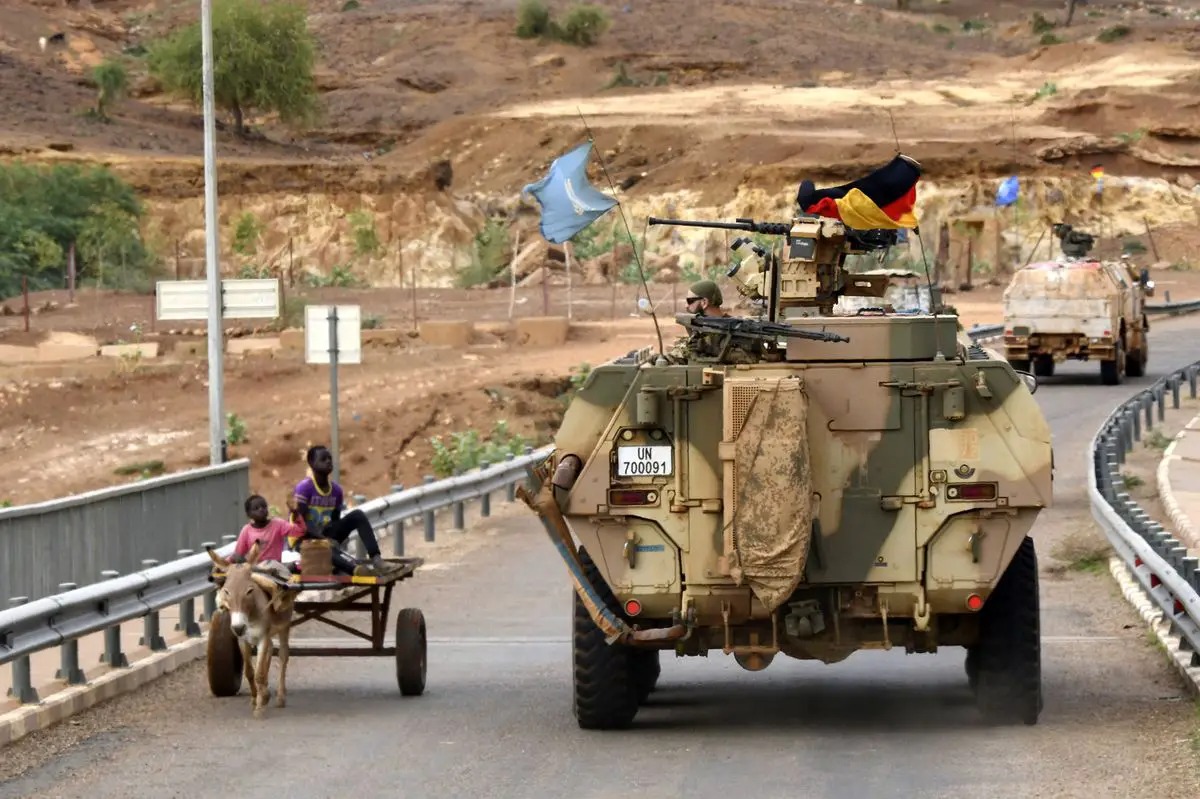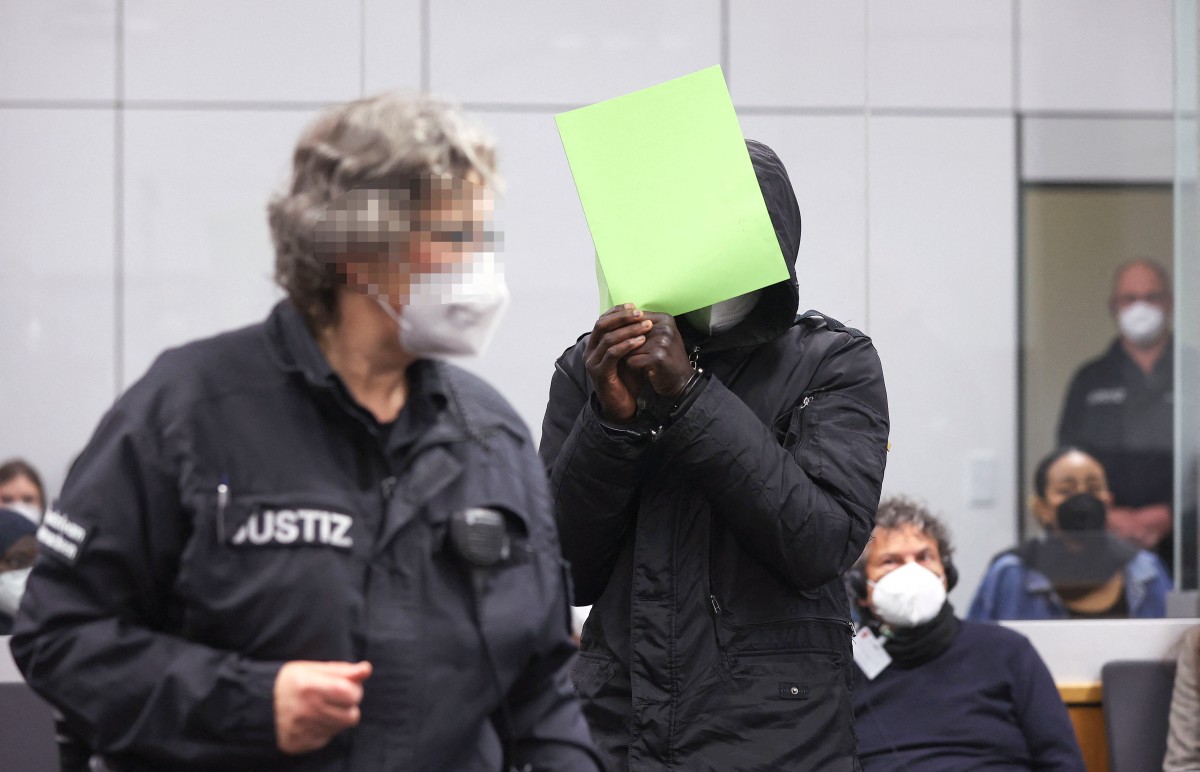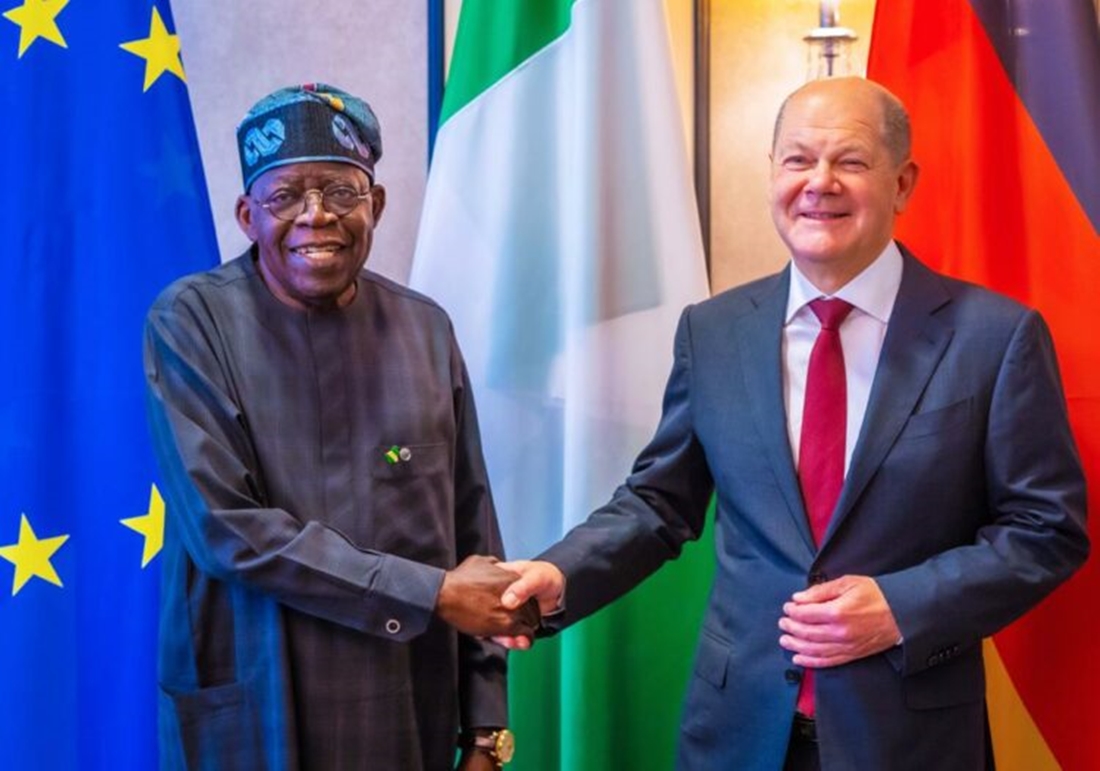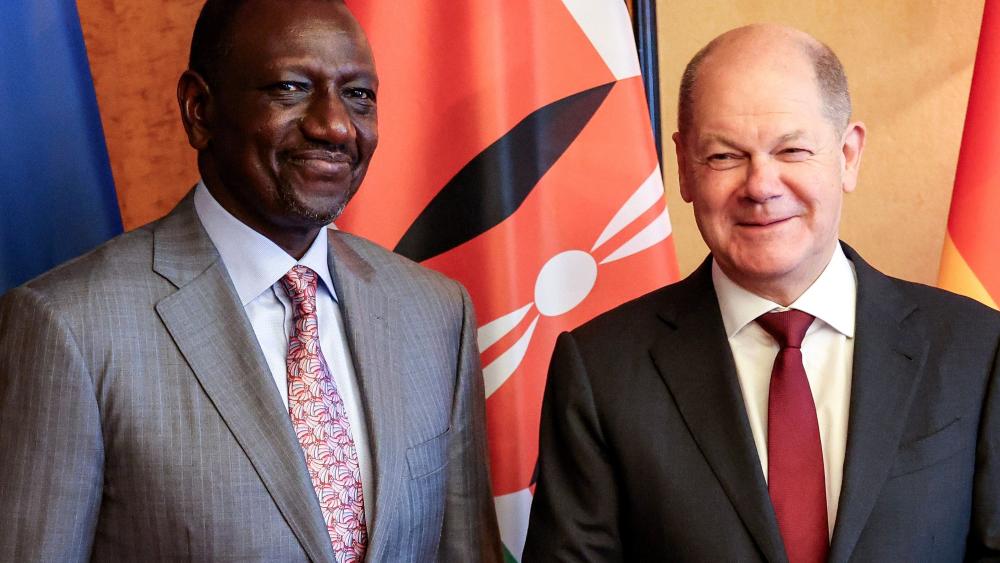The Federal Republic of Germany has pledged a generous donation of €10 million to the United Nations World Food Programme (WFP) to support the provision of nutritious meals to primary school children in the Karene district of northern Sierra Leone. This significant contribution aims to improve food security, boost local food production, and stimulate the economy while enhancing the well-being of vulnerable children.
Under the German-funded home-grown school meals program, WFP will supply diverse and safe meals to approximately 25,300 pre and primary school children in 115 schools from 2024 to 2028. The meals will be prepared using locally produced food sourced from 8,000 smallholder farmers. By connecting farmers to schools and promoting local agricultural communities, particularly women, the project will create demand for nutritious and diverse food, shorten value chains, and strengthen food systems.
Sierra Leone has been a crucial focus for WFP’s school feeding initiatives, providing meals to 238,000 students across five districts. With this new contribution, the home-grown school feeding program will expand to cover 53,000 pupils, marking a 22 percent increase in early 2024.
Jens Kraus-Massé, the Ambassador of the Federal Republic of Germany to Sierra Leone, emphasized the significance of this contribution, stating, “This contribution shows the commitment of Germany to improving food security in Sierra Leone in line with the Government’s ‘Feed Salone’ initiative.”
Conrad Sackey, Minister of Basic and Senior Secondary Education, expressed his gratitude for the timely funding, highlighting its crucial role in realizing the President’s vision for human capital development. The government of Sierra Leone has prioritized home-grown school feeding as a key component of its National School Feeding Policy, recognizing its potential to induce social and economic development within communities.
Yvonne Forsen, WFP’s Representative and Country Director in Sierra Leone, expressed delight at Germany’s commitment to transforming the lives of vulnerable populations in Sierra Leone. She reaffirmed WFP’s dedication to partnering with organizations to enhance food security, nutrition, livelihoods, and the local economy in the country.
Additionally, in alignment with the Sierra Leonean government’s efforts to address the global climate crisis, a portion of the German funding will be allocated to constructing environmentally friendly kitchens and storerooms, as well as fuel-efficient stoves to reduce the use of firewood.
The United Nations World Food Programme, known as the largest humanitarian organization globally, strives to save lives during emergencies and employs food assistance to establish a pathway to peace, stability, and prosperity for individuals recovering from conflicts, disasters, and the impacts of climate change.


